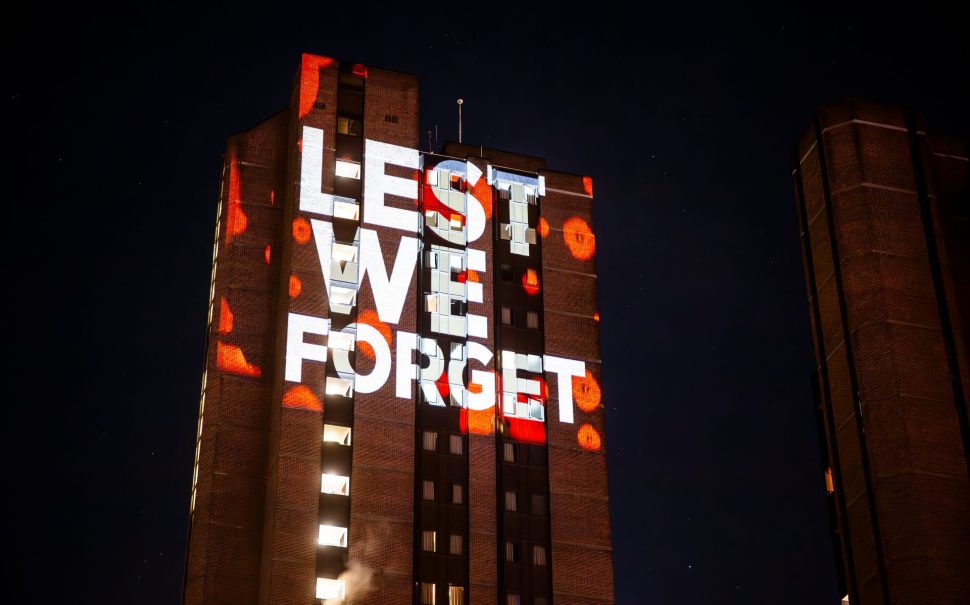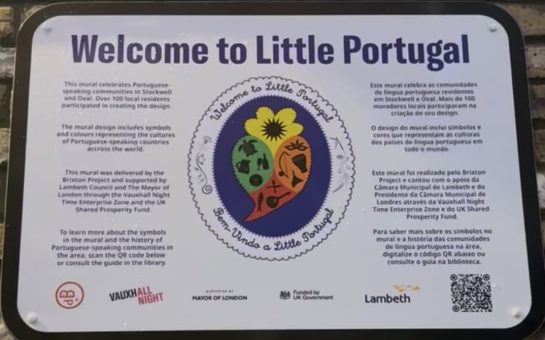Lambeth Council’s planning committee has approved plans for a neighbouring 20-story office block, despite concerns from a Waterloo veteran club about being confined to the shadows of the community,
During October’s planning meeting, several councillors struggled to pinpoint the status of the Union Jack Club’s (UJC) space, likening it to a hotel.
But the Union Jack Club says it is not a hotel, but a much more unique space than that.
UJC Chief Executive and former Royal Marine, Hugh Player said: “As a Royal Marine, you would never expect me to take a step back.
“We will continue to fight our corner.
“I think we must.”
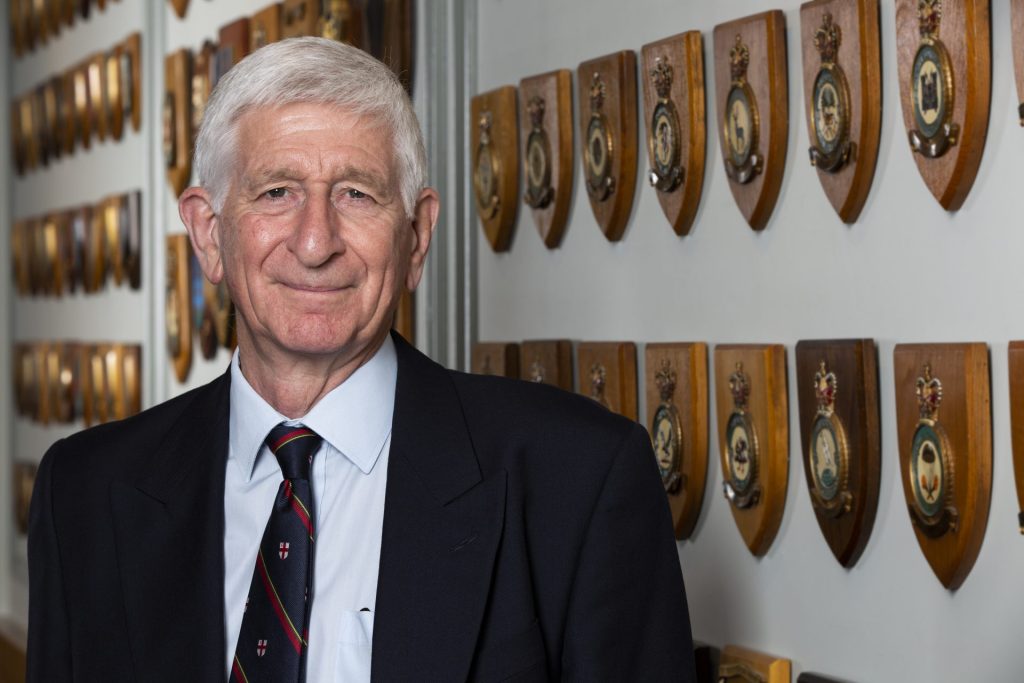
‘It is a home from home not a hotel’
Labour councillor Jess Leigh questioned: “Is it a members’ club, or is it a hotel?
“Where does it sit?”
Similarly, Labour councillor Malcolm Clark asked: “How do people make use of their rooms?
“I understand from a hotel format in central London, most people aren’t going to be spending so much time in their rooms necessarily.”
A presiding officer highlighted the rooms had no cooking facilities and said its layout resembled a hotel.
Player categorically rejects this: “It is a home from home.
“Whichever way you look at it, it’s not a hotel.”
By the end of the meeting, while Councillor Leigh voted in favour, she requested it be recorded how difficult the decision was to navigate.
She said: “It does not fit within any other usage that we have come across in Lambeth or anywhere else in the country.”
She added: “I am inclined to support the scheme through incredibly gritted teeth.”
The Veteran club’s history
The UJC is a charitable organisation which provides affordable accommodation for serving and veteran service people.
Specifically, those non-commissioned — so Warrant Officer and below.
British Red Cross nurse and military medical advocate Ethel McCaul founded the club in 1904 and opened it in 1907.
McCaul recognised there was numerous places in London for officers to go, but nowhere affordable and safe for soldiers, sailors and their families.
Following a three-year fundraising campaign, she raised enough to build the UJC.
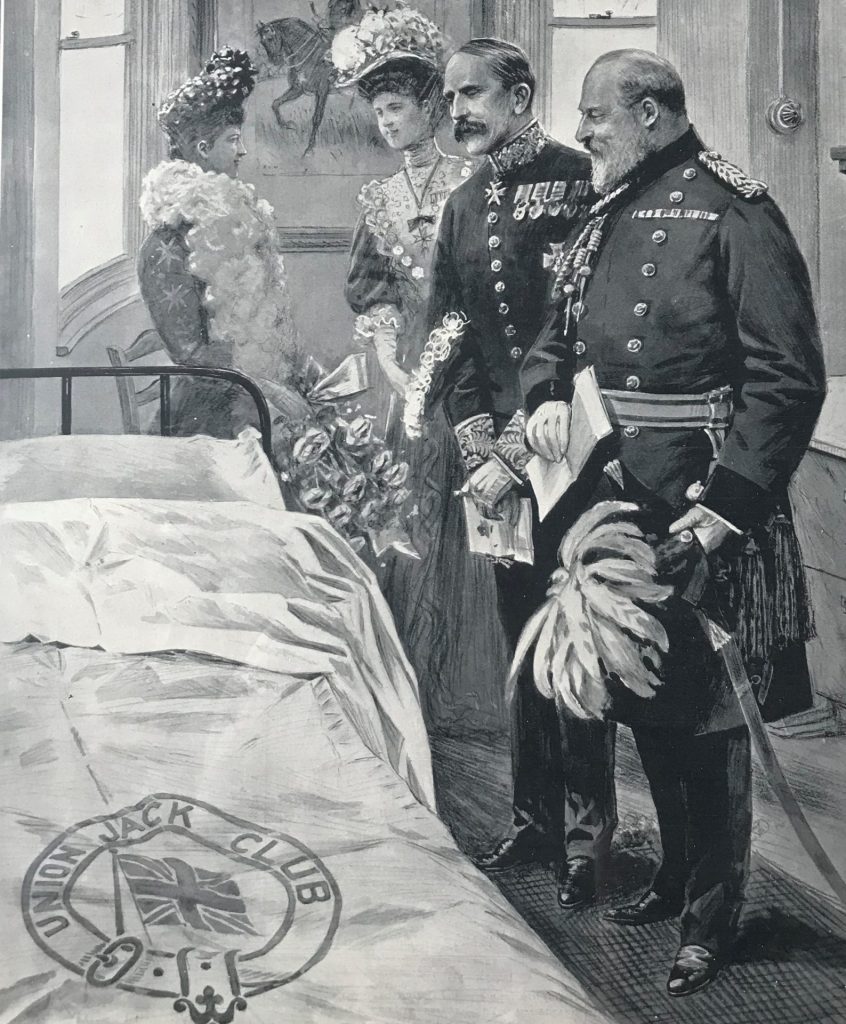
Not a hotel and not open to the public
The club is not open to the public, which Player says is another reason it is not a hotel.
Around 400,000 serving people have a membership profile, and 30,000 members are veterans.
The eldest, Player estimates, is around 102.
The UJC keeps the price of one grade of room to the rate of a private soldier’s day’s pay — an average of about £50.
Bourne Capital’s plans for the office block, which will include music studios and an affordable workspace, received 2,500 objections.
So why did the developers triumph?
UJC’s Head of Sales, Marketing and Communications David Thompson said: “You can’t win a planning debate on an emotive argument.
“And the description of the club as a hotel, which the developers were pretty keen to use frequently, is something that we just don’t agree with,”
‘Everybody understands the experience’
If it is not a hotel, what is it?
In a nutshell, the UJC says it is what members need it to be.
Above all, Player says, it is a safe, supportive space where members can feel completely at ease.
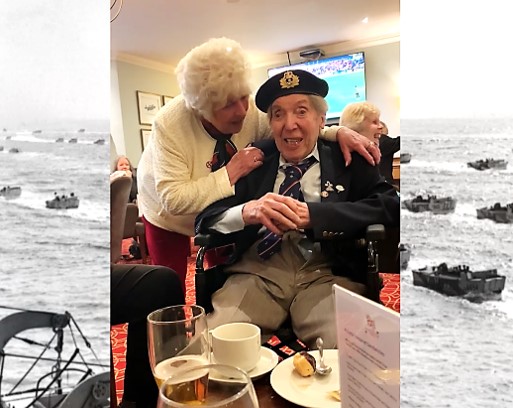
Player said: “I served with two Warrant Officers, who both, sometime in recent years, have had strokes.
“And it’s fine here.
“Nobody is going to challenge them, everybody understands.
“They can relax, their families who bring them can relax.
“It’s a home where everybody understands the experience.”
While the club is not equipped to provide permanent residential care, it says people stay for various reasons and lengths of time.
Player explained: “A lot of people stay 28 days.
I have in mind an elderly couple who stay with us before Christmas in a suite.
And it’s really important to them that they come to London.
They transfer the home here.”
A safe haven for members and their families
Families separated during deployment can stay and commune, as can war widows and widowers, and those who might be wounded or ill.
Player said: “A man who stayed here earlier this year would shout in the night — he was quite unaware of it, but it was PTSD.”
He says limiting impact on others while ensuring he was not isolated was key.
So, staff found him a new space, which involved not renting the rooms either side.
Player said: “By the end of a month, he was in a much better place.”
Meeting accessibility needs
Player mentions another member — a Corporal Royal Marine wounded in Afghanistan.
Shot through the neck and now a complete quadriplegic, he has since completed a degree, started a business and is getting married.
Player recalled: “He very kindly said, ‘Look, if you are redesigning accessible rooms, I am very happy to come and road-test them for you and advise’.”
“Whatever it is — a mobility scooter or wheelchair or crutches, then we have a way to come into the building, to move around the building, to be comfortable in the building, and should we ever need to, obviously, evacuate the building.”
‘Our intention is to stay on this site in Waterloo’
Staff and members were surprised to hear of the club’s “plans to relocate” during the planning meeting.
Player said: “Frankly, it’s not. We own the land upon which this building is built.”
He acknowledges the club will need refurbishing or rebuilding at some point, but guesses this will probably be beyond his lifetime.
He said: “Our intention is very much to stay on this site in Waterloo, where we’ve been for 120 years.
“It’s part of Lambeth.”
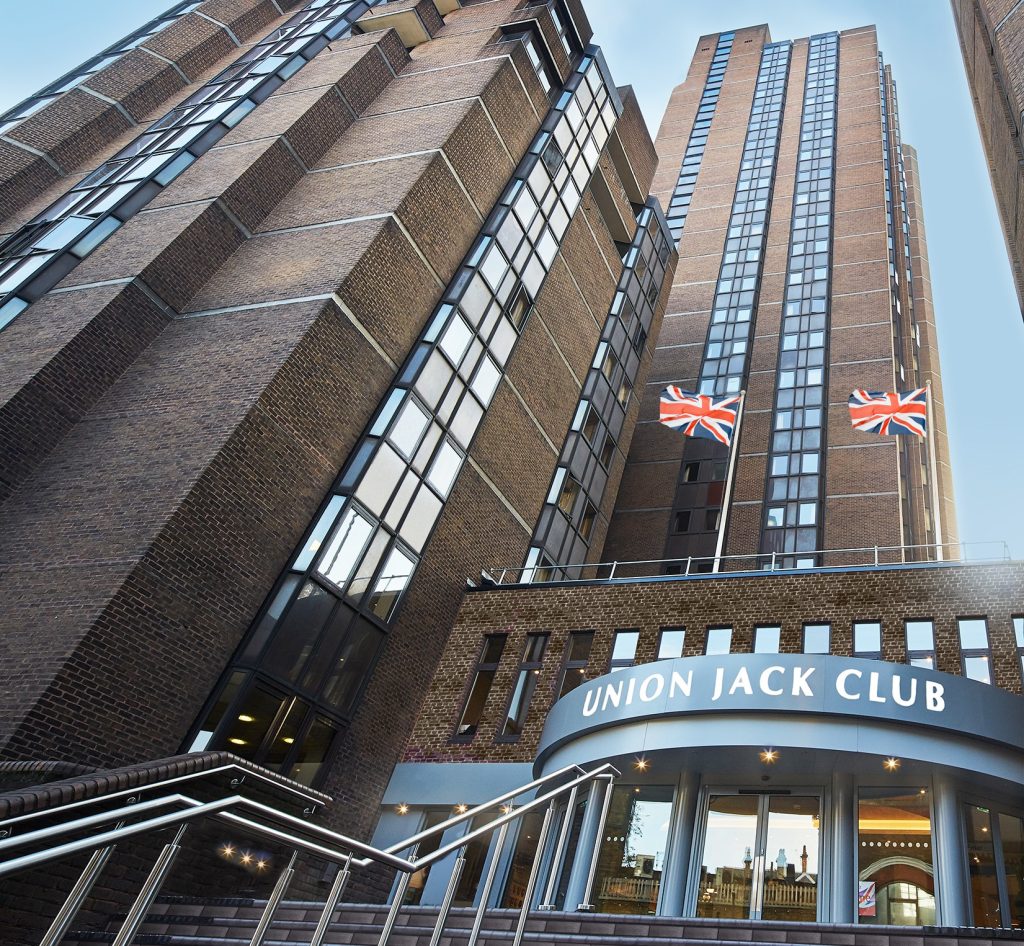
Honouring people’s memories
The UJC also often hosts talks and events about military history — such as the origins and trajectory of the Arab-Israeli conflicts.
Victoria Cross and George Cross recipients are honoured on boards inside the UJC. Those alive attend the club for state occasions.
It serves as a spiritual home, too, says Player.
Many people bring pictures, books, and collections to the club, knowing they will be cherished and respected long into the future.
The UJC recently received a Japanese surrender flag, which a Royal Marine Lieutenant had been presented with in Penang, Malaysia, 1945.
He kept the flag in his house for a while before an Association took care of it.
When the Association could no longer look after it, the UJC accepted responsibility.
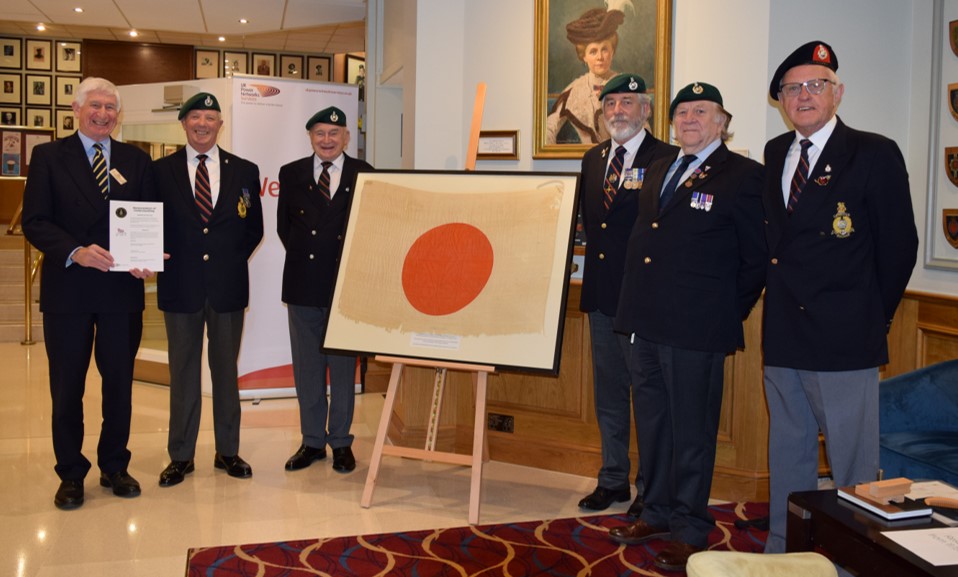
Player once heard the club described as an emotional heart.
He said: “I think that’s key to what we do.
“So yes, there’s a soft edge.
“We’re very pleased and proud to have that.”
“We’re not against development”
While the UJC acknowledges some conversations, and that minor changes were made, it feels consultation with Bourne Capital was not meaningful.
Earlier this year, it says further conversations about how the developer could still make a good return, but with less impact on the club, were declined.
A spokesperson for Bourne Capital said: “Bourne Capital has the utmost respect for the UJC and its charitable work.
“We spent over 12 months working with the UJC and its advisers to address the UJC’s principal concerns, namely the relationship between our proposals and the UJC’s existing buildings, and the safeguarding of the UJC’s redevelopment potential.
“This engagement led to very significant amendments to the original proposals.
The amendments included a further setback of the development away from the UJC ownership line by more than seven metres and other reductions in massing.
The considerable work undertaken with the UJC is clearly documented in our planning reports which detail how we have addressed the UJC’s concerns.”
It notes local economy benefits including an influx of jobs to Waterloo, and says it remains committed to working closely with the UJC through the Waterloo Central development process.
Player says: “We’re not against development, per se, but we are against this particular one.
“So if there’s a conversation to be had, we’re very happy to have it.
“And I do know that a good place can be reached.”
Featured image supplied by the Union Jack Club
